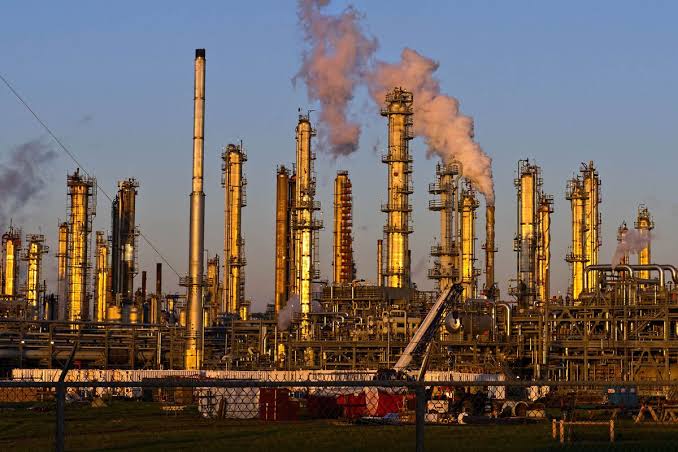
WORKSHOP ON NIGERIAN OIL AND GAS LAW
2nd – 4th March, 2026 3rd-5th June, 2026
19th-21st August, 2026 4th-6th November, 2026
Introduction
Oil and gas law in Nigeria is primarily governed by the 1999 Constitution and the Petroleum Industry Act (PIA) of 2021. The Constitution vests ownership of petroleum resources in the Federal Government, and the PIA serves as the main legislation for the oil and gas sector, consolidating various laws and establishing regulatory bodies.
It covers the legal and regulatory framework governing the petroleum industry, including historical perspectives, ownership theories, contractual arrangements, and the impact of relevant legislation like the Petroleum Act and the Petroleum Industry Act (when enacted). It would also address emerging trends, environmental issues, and community relations within the context of the Nigerian oil and gas sector.
Course Contents
I. Introduction and Historical Context of Oil and Gas in Nigeria:
· History of the Nigerian Oil and Gas Industry:
Tracing the evolution of the industry from its early stages to the present day,
including key milestones and turning points.
· Nature and Origin of Oil and Gas:
Exploring the geological formation of oil and gas deposits and their significance as
natural resources.
· Ownership Theories in Oil and Gas:
Examining different perspectives on who owns oil and gas resources, including state ownership, private ownership, and the concept of sovereignty over natural resources.
· International Law and Oil and Gas:
Understanding the role of international treaties and conventions in regulating the industry, particularly those related to the law of the sea and energy charters.
· The Nigerian Legal Framework:
Overview of key legislation like the Petroleum Act, Petroleum Profit Tax Act, and the
proposed Petroleum Industry Bill (PIB).
II. Exploration and Production:
· Licensing and Regulatory Requirements:
Examining the process of obtaining licenses and permits for exploration and production
activities.
· Contractual Arrangements:
Analyzing different types of contracts used in the upstream sector, such as Production
Sharing Contracts (PSCs), Joint Venture Agreements (JVAs), and Service
Contracts.
· Key Players in the Upstream Sector:
Identifying the various stakeholders involved in exploration and production, including
international oil companies (IOCs), national oil companies (NOCs), and indigenous
oil companies.
· Fiscal Matters:
Understanding the fiscal regime governing the oil and gas industry, including royalties,
taxes, and other levies.
· Environmental Issues:
Addressing the environmental impact of oil and gas operations and the legal framework for environmental protection.
III. Downstream Operations:
· Refining and Processing:
Exploring the legal aspects of refining crude oil and processing natural gas.
· Marketing and Distribution:
Understanding the regulations governing the marketing and distribution of petroleum products.
· Domestic Gas Utilization:
Analyzing the legal framework for the utilization of natural gas for domestic
purposes.
IV. Emerging Trends and Future Challenges:
· The Petroleum Industry Bill (PIB):
Analyzing the proposed legislation and its potential impact on the industry.
· Local Content Development:
Examining the legal provisions and initiatives aimed at promoting the participation of
Nigerian companies and individuals in the oil and gas sector.
· Community Relations:
Understanding the legal and social responsibilities of oil and gas companies towards host communities.
· Dispute Resolution Mechanisms:
Analyzing the different methods for resolving disputes in the oil and gas industry,
including litigation, arbitration, and mediation.
· Technological Advancements:
Exploring the legal implications of new technologies in the oil and gas industry, such as
enhanced oil recovery (EOR) and carbon capture and storage (CCS).
Duration: Three (3) days Fee: N300,000
Phone No:
08052062320, 08095284269, 07085271570
Email Address
training@nazellinkconsult.com info@nazellinkconsult.com
